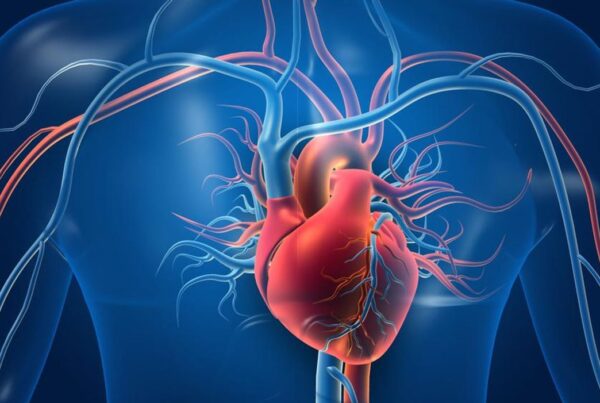Heart blockage, also known as coronary artery disease (CAD) or arterial blockage, occurs when the blood vessels supplying the heart become narrowed or blocked due to plaque buildup. This can lead to reduced oxygen and blood flow, increasing the risk of heart attacks and other cardiovascular complications.
Causes
The primary cause of heart blockage is atherosclerosis, a condition where fatty deposits (plaque) accumulate in the arteries. Other contributing factors include:
- High cholesterol levels
- Hypertension (high blood pressure)
- Smoking
- Diabetes
- Obesity
- Lack of physical activity
- Genetic predisposition
Symptoms
Heart blockage may not always present symptoms in the early stages. However, as the condition worsens, individuals may experience:
- Chest pain (angina)
- Shortness of breath
- Fatigue
- Dizziness or fainting
- Irregular heartbeats
- Pain radiating to the arms, shoulders, or jaw
Diagnosis
Doctors use various tests to diagnose heart blockage, such as:
- Electrocardiogram (ECG)
- Stress test
- Coronary angiography
- CT scan or MRI of the heart
Treatment Options
Treatment for heart blockage depends on its severity and includes:
- Lifestyle changes: Healthy diet, regular exercise, quitting smoking
- Medications: Blood thinners, cholesterol-lowering drugs, beta-blockers
- Medical procedures: Angioplasty, stent placement, or coronary artery bypass surgery (CABG)
Heart blockage is a serious condition that can lead to life-threatening complications if left untreated. Early detection, lifestyle modifications, and appropriate medical intervention can significantly reduce the risk of heart attacks and improve heart health.



